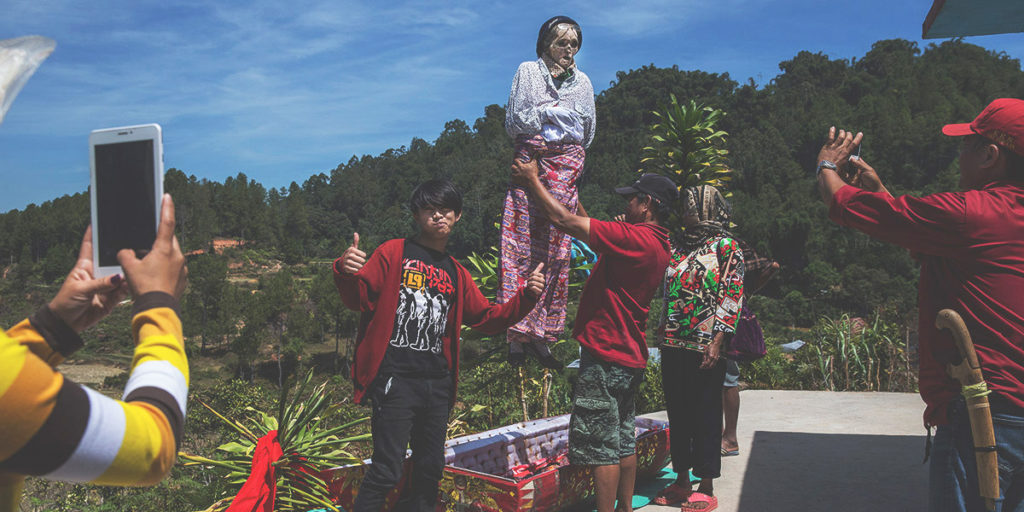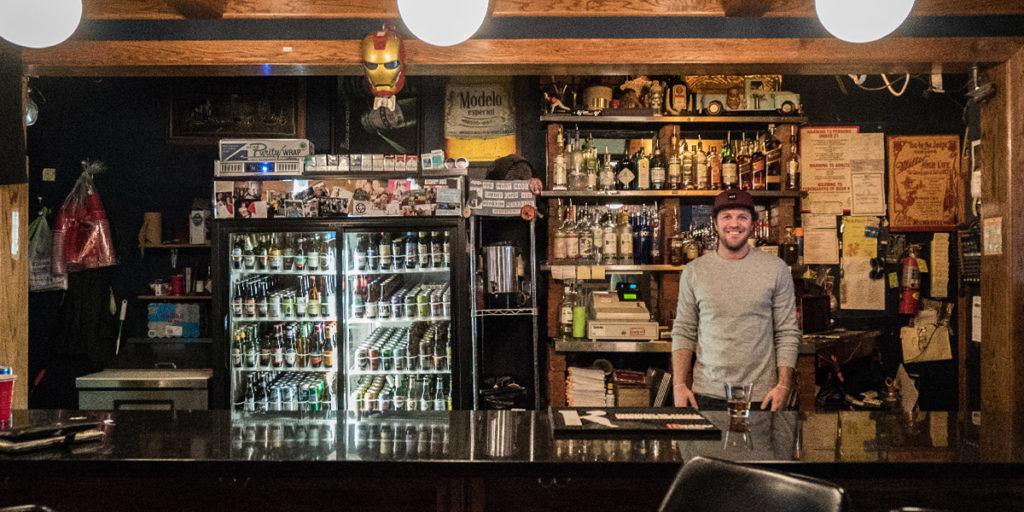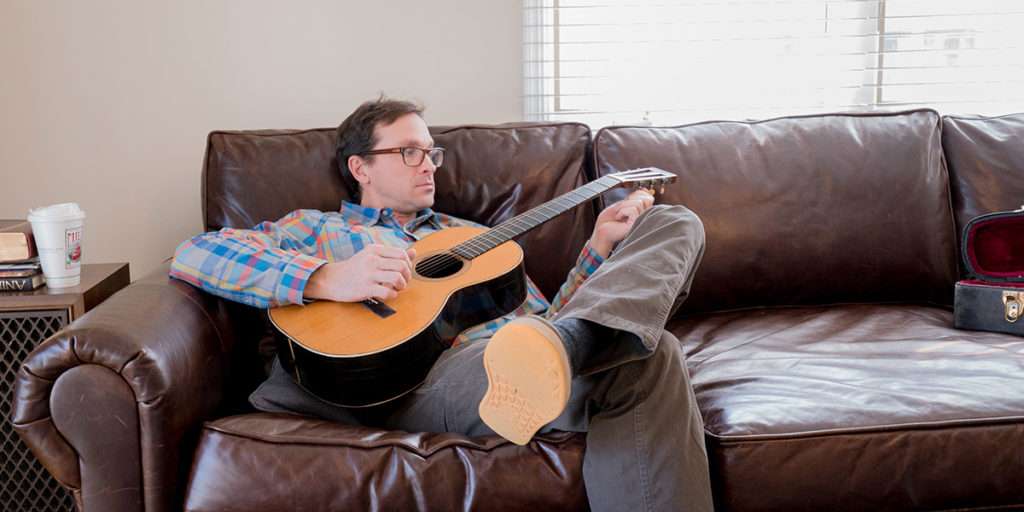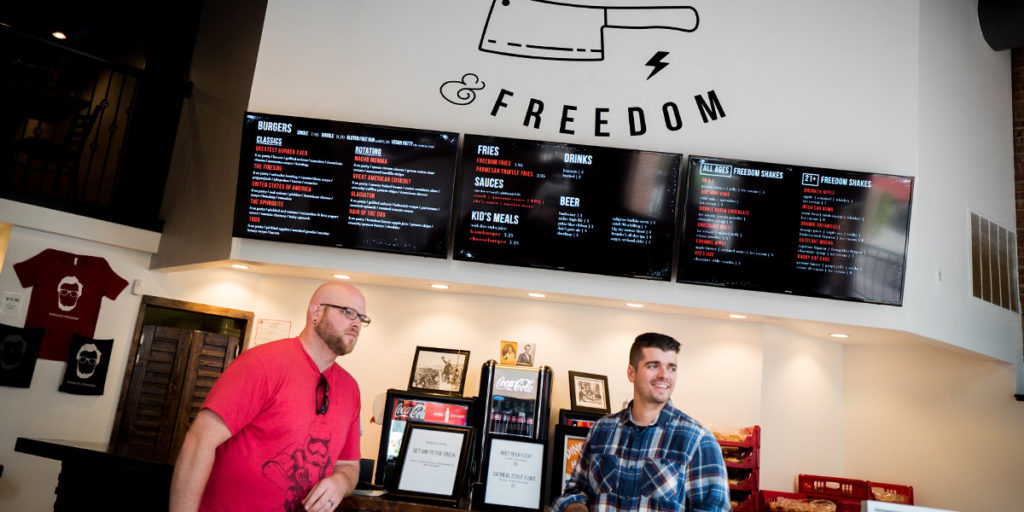
Brian Lehmann fits the definition of a classic risk taker.
He’s the kind of guy who wakes up thinking about Indonesia, buys a ticket later that day and is driving a scooter around the country as soon as he lands.
(Yes, that really happened.)
But Brian doesn’t just take risks or hop on a plane for the fun of it. He does it because he’s afraid of what will happen if he stops taking these kinds of risks.
After graduating from college with a degree in photojournalism, Brian got a job at the Rocky Mountain News in Colorado. It was an enviable job to have scored so young, and Brian was doing well as a staff photographer. He was learning a lot, working hard and having a blast going out on assignment.
He was set… or so he thought.
A year and a half into his job, he and his 250 coworkers got the shocking news that the newspaper was shutting down. They were all let go with little warning and no safety net. It was scary, Brian said, but even scarier for the people who had families to take care of.
It was in that moment that Brian realized he couldn’t leave his future to chance, and now was his time to take risks, big risks.
He moved back to Lincoln and relaunched his landscaping and lawn care business. He’d mowed lawns ever since he was 14 and the business had paid his way through college, but now it was sustaining him while he sorted out his next steps.
Brian started thinking long and hard about why he was a photographer.
He remembered how he’d majored in business and dabbled in flying before changing his major to journalism.
He thought about the first time he met Joel Sartore, a Lincoln native and National Geographic photographer. How he traded manual labor jobs for photography critiques and life lessons with the famed photographer who eventually became his mentor.
And he came to the conclusion that he couldn’t do lawn care forever. Sure, he liked it and he was even pretty good at it, but there was no way he could let go of photojournalism or even let it slump into the category of ‘hobby.’
Brian decided that instead of working for a newspaper or even one single magazine, he’d do his own stories, set his own schedule and find stories both locally and internationally. He discovered that he could plant flowers, mow lawns and do landscape design as a way to fund his international trips, and so far it’s worked.
He’s worked in places like Nicaragua, Indonesia, Kyrgyzstan and India. He laughs about the time he peed his pants while on a horribly rocky boat in the middle of the Caribbean Sea with some angry turtle hunters, and the time he was arrested in India only to have the local police feed him dinner and Facebook friend him before releasing him.
These are the kinds of experiences that Brian craves when he’s back in Lincoln. His work varies from week to week. Some weeks he’s more focused on lawn care and others he’s gearing up for a trip and doing research about the next country he’s going to visit.
In May he’ll be in Uganda with a group of photojournalism students from UNL and in August he’s heading back to Nicaragua to finish shooting a story about endangered green sea turtles.
Last year his first photo story was published in National Geographic. It was about the death culture in Indonesia, a story he’d had a strong hunch about and following his hunch paid off. In the process he made friends with translators, had coffee with dozens of village leaders and was able to expose a traditional way of life for a small but beautiful group of people.
These are the stories Brian thinks about when he’s adding mulch to a client’s flower bed, walking his dog, Murphy, or sitting in his backyard. They are the stories of people and cultures that have woven themselves into Brian’s own story in ways he can’t quite describe.
Sure, he said, he’s taking a risk to fly around the world with little more than a camera and an idea, but the people he photographs are taking their own risk when they open their lives and share their stories with him. Brian has lived small parts of people’s lives with them through the lens of his camera. What he’s seen has changed the way he sees life, how he lives life and how he wants to spend his time.
But the thing Brian said he keeps coming back to is that he’s lucky.
Lucky that he can run a business that helps fund his passions. Lucky that he’s surrounded by mentors and fellow photographers who help him refine his skills. Lucky that he has the stability to hop on a plane when he needs to and lucky that at the age of 35 he’s doing something he loves.
He’s lucky that he gets to take risks, and he doesn’t want that to ever change.


